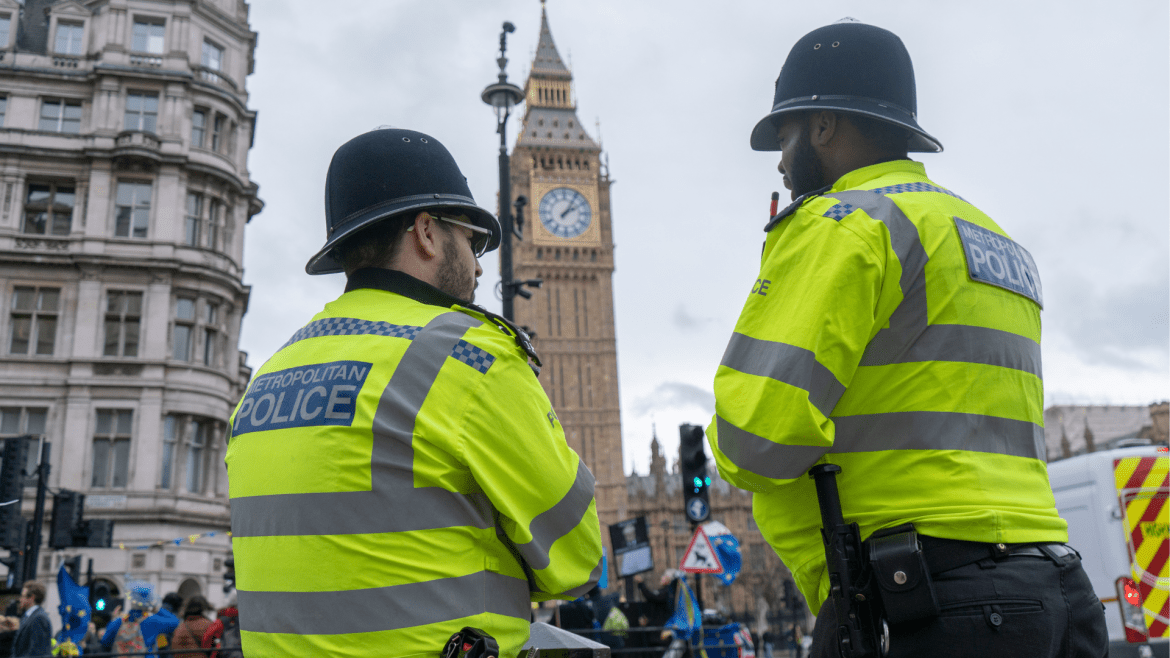Baroness Casey’s review found the Metropolitan Police institutionally racist, sexist and homophobic and yet, the Force continue to dodge the blame.
The report, published March 21, was commissioned after the death of Sarah Everard, who was abducted, raped and killed by serving police officer Wayne Couzens in March 2021.
Casey pulls no punches. Her report is meticulous and graphic in depicting the failings of the Met.
Some of the findings in the report revealed a Muslim officer had bacon packed in his boots, a broken fridge ruined rape evidence, as well as the use of homophobic, misogynistic and discriminatory language.
Sir Mark Rowley, the current Metropolitan Police Commissioner, accepted the findings but distanced himself from using the term “institutional”. Instead, he argued that the word has been politicised and opts for “structural” as a more suitable description.
Rowley said he refused to see the Met’s issues as “institutional” as it was an “ambiguous” definition which meant different things to different people.
It seems a last-ditch attempt to have the last word, to not bow to the judgement of civil servants. By creating this pivot, Rowley leaves the judgement still up for debate. It ridiculously suggests that things are bad, but they’re not that bad.
It’s pure semantics. The judgement of “institutional” problems in the Met suggests that it is not fit for purpose and the very foundations of the organisation needs to be changed. Rowley’s preference of the term “structural” implies that the orchard just needs reconfiguring to prevent bad apples from sprouting again.
Rather, this is Rowley’s last line of defence. He is using language to arm himself against critics like Owen Jones, who calls for scrapping the police altogether through social welfare reform.
The report falls short of demanding the force to be broken up, however it warns that it is the Met’s last chance for serious reform. In her concluding remarks on key areas for the Met to showcase improvement, Casey states “if sufficient progress is not being made … more radical, structural options” such as dividing up the Met should be considered to prioritise Londoners.
Casey’s report becomes a self-fulfilling prophecy where the Met refuse to be held accountable.
However, you would be right to feel some deja vu here. Haven’t we heard it all before?
Casey’s findings inevitably echo the Macpherson Report on Stephen Lawrence’s tragic murder and the botched investigation by the Met in 1993. Some of the 70 recommendations have been absorbed, such as the introduction of targets in recruitment and promotion of Black and Asian officers (because nothing says equality like a quota). However, Stephen Lawrence’s father said the enduring racism in the Met insults the family’s loss.
Your bobby on the beat
Founded in 1829 by Sir Robert Peel, the Met Police’s purpose has been to keep peace as well as prevent crime and disorder in London boroughs.
Police forces are encouraged to have a local presence and be involved in the community to prevent crime and encourage good relations.
However, Casey’s report exposes the Met can “no longer have the permission of that it has the permission of the people of London to police them.”
The fact that 51% of Londoners in a 2023 YouGov poll stated that they do not trust the police supports this conclusion.
Casey’s verdict that “the Met is in danger of losing its way” seems in the running for understatement of the year. The other contestant being Boris Johnson’s claim in the inquiry into Partygate scandal that “there were at times inevitably when people would come closer to each other”. Oh, the irony.
When the system which represents and reinforces law and order itself is shown to be failing, all faith in justice and trust in authorities breaks down.
I asked Kingston Police on Twitter three times for their public statement on the report’s findings. Twice they directed me to an official press statement from Sir Rowley. The third time they did not respond.
Police are meant to be a comfort in the area. An easily identifiable and authoritative symbol of law and order, of peace and protection.
The Casey report is supposed to hold the police to account, highlight failings and recommend change, our local forces need to play their role.
Kingston and other local forces should be transparent about their issues. They need to be part of the solution, not part of the problem.





